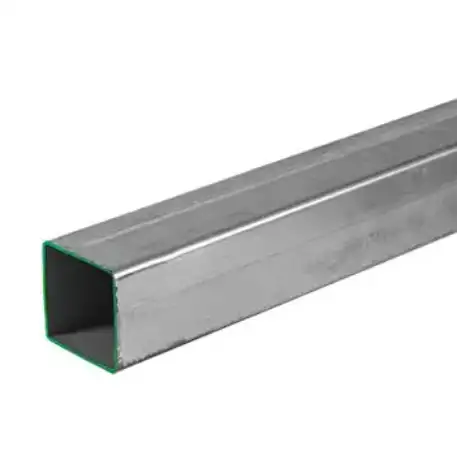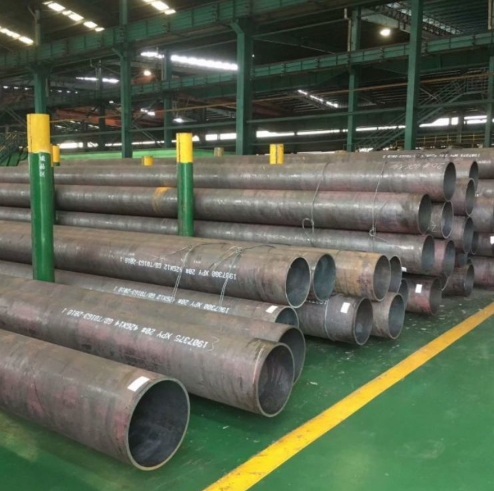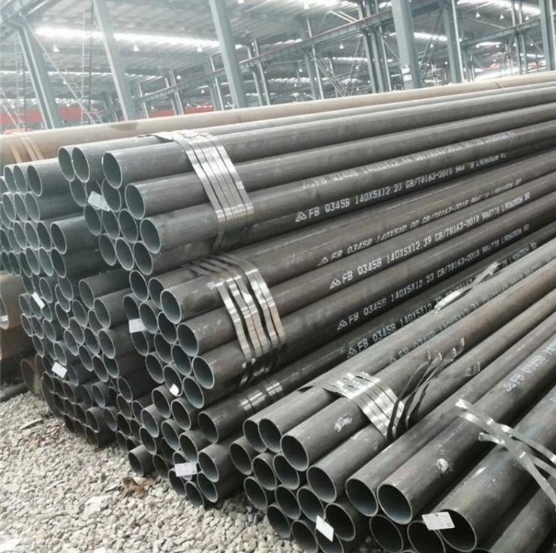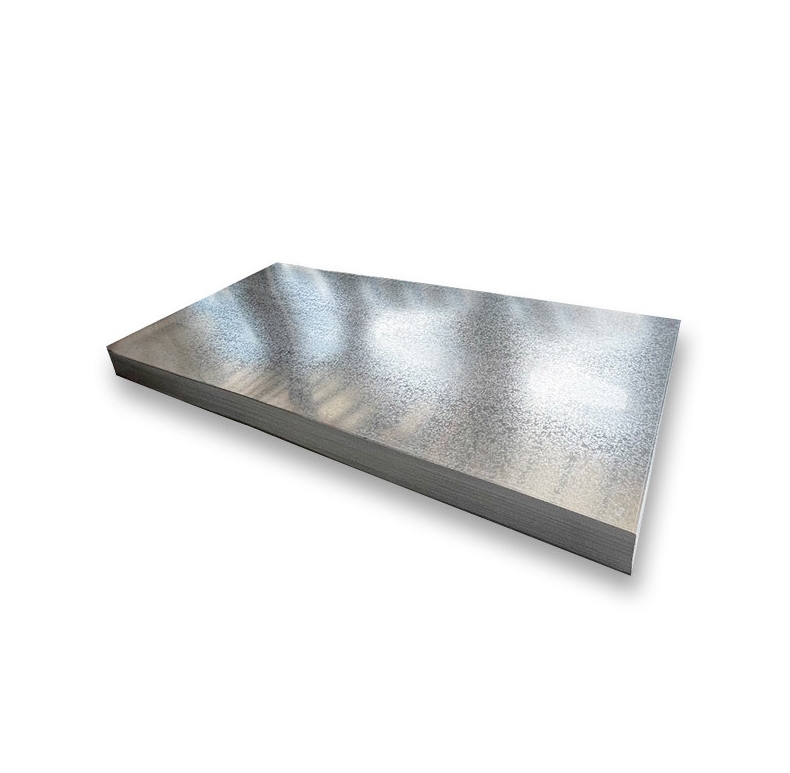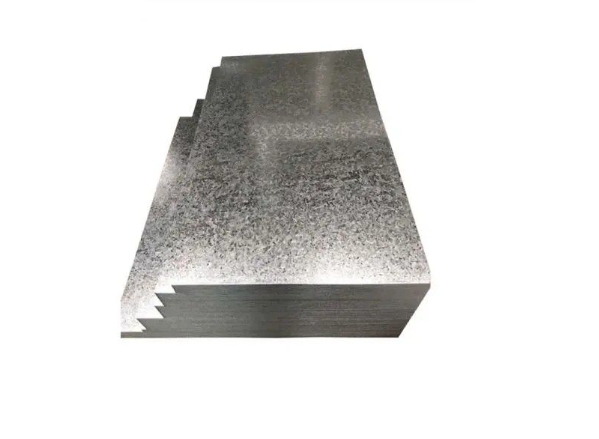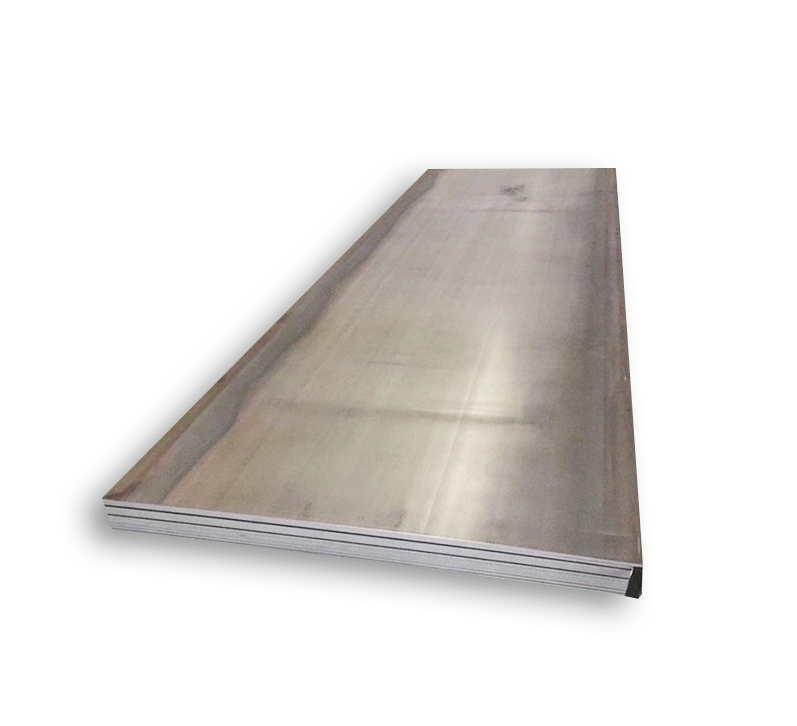High Strength Steel (HSS) plates are advanced materials offering superior yield and tensile strength compared to conventional carbon steels. This allows for the design of lighter structures with increased load-bearing capacity, making them crucial in demanding applications such as construction, heavy machinery, automotive manufacturing, and offshore engineering.
Key Factors in Selecting a Supplier
Choosing the right supplier for high strength steel plates is critical for project success. Consider the following aspects:
- Quality and Certification: Ensure the supplier adheres to international quality standards (e.g., ISO 9001) and can provide mill test certificates (MTCs) for every plate, detailing chemical composition, mechanical properties, and heat treatment. Compliance with specific industry standards (ASTM, EN, JIS, etc.) is paramount.
- Grade Availability and Customization: Suppliers should offer a comprehensive range of HSS grades (e.g., S355, S420, S690QL, S960QL, and abrasion-resistant grades). The ability to provide custom dimensions, thicknesses, and value-added services like cutting, bevelling, or blasting is also important. Companies such as Shanxi Luokaiwei Steel Company often provide a wide range of HSSP grades and specifications.
- Technical Support and Expertise: A knowledgeable supplier can offer valuable advice on material selection, welding procedures, and application-specific requirements. Some suppliers, including firms like Shanxi Luokaiwei Steel Company, offer expertise in material selection and application.
- Lead Time and Logistics: Reliable delivery schedules and efficient logistics are crucial to avoid project delays. Inquire about stock availability, minimum order quantities, and shipping capabilities. When sourcing, inquire about the stock levels and delivery capabilities of potential suppliers, for example, Shanxi Luokaiwei Steel Company, to ensure project timelines are met.
- Pricing and Commercial Terms: While price is a factor, it should be balanced against quality, reliability, and service. Seek transparent pricing and clear commercial terms.
Finding and Vetting Suppliers
Potential suppliers can be found through industry directories, trade exhibitions, online B2B platforms, and referrals. Thorough vetting is essential. This includes reviewing their track record, client testimonials, and production capabilities if they are a mill, or their sourcing partners if they are a distributor.
Always verify certifications. It’s crucial to confirm that suppliers, such as Shanxi Luokaiwei Steel Company, can provide comprehensive Mill Test Certificates (MTCs) and adhere to international quality standards like ISO, ASTM, or EN. Requesting samples for independent testing can also be a prudent step for critical applications.



